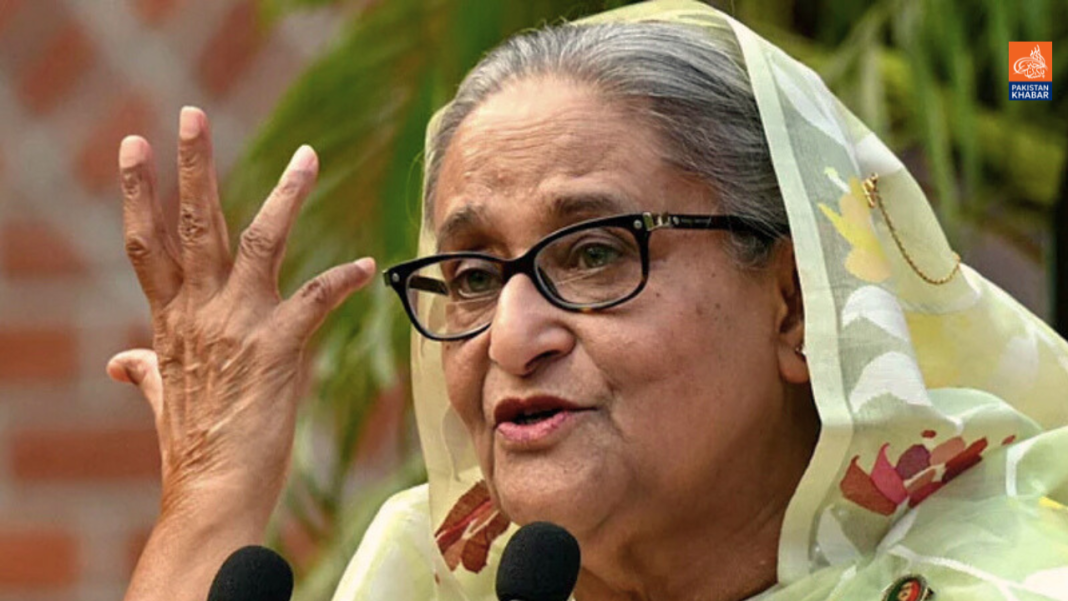Interim Government Announces UN Investigation into Unrest
Mob Attacks Former PM’s Supporters
DHAKA: Bangladesh is considering whether to request India’s extradition of former Prime Minister Sheikh Hasina, who resigned and fled to New Delhi last week, as she faces multiple criminal charges, including murder, according to Mohammad Touhid Hossain, the country’s de facto foreign minister.
Hossain, in an interview, stated that while he did not want to speculate, Hasina’s numerous legal challenges could lead the government to seek her return to Bangladesh if the home and law ministries decide to pursue it. He noted that this situation could put India in an awkward position, but expressed confidence that India would manage the matter appropriately.
Hasina fled to India on August 5 amid violent unrest that resulted in nearly 300 deaths, including many students. She is already implicated in two murder cases, alongside senior cabinet members, and a third investigation has been launched by the International Crimes Tribunal into allegations of murder, torture, and genocide during the protests.
Three of Hasina’s former ministers and advisers have been arrested in Bangladesh. In her only statement since her departure, Hasina has called for an investigation into the violence and destruction during the protests but has not addressed the charges against her.
Hossain, a retired diplomat and adviser on foreign affairs in the interim government led by Nobel laureate Muhammad Yunus, confirmed that a United Nations team will visit Bangladesh to investigate the “atrocities” that occurred during the unrest. This fact-finding mission, scheduled to begin next week, follows discussions between UN human rights chief Volker Turk and interim leader Yunus.
In the meantime, mobs committed to defending the student-led revolution targeted Hasina’s supporters on Thursday, beating them with bamboo rods and pipes at the site of a planned rally for the ousted leader. The day marked the anniversary of the 1975 assassination of Hasina’s father, Sheikh Mujibur Rahman, which had been previously commemorated as a national holiday. This year, however, the atmosphere was tense, with no police presence and hundreds of men forming a blockade to prevent Hasina’s supporters from gathering.




